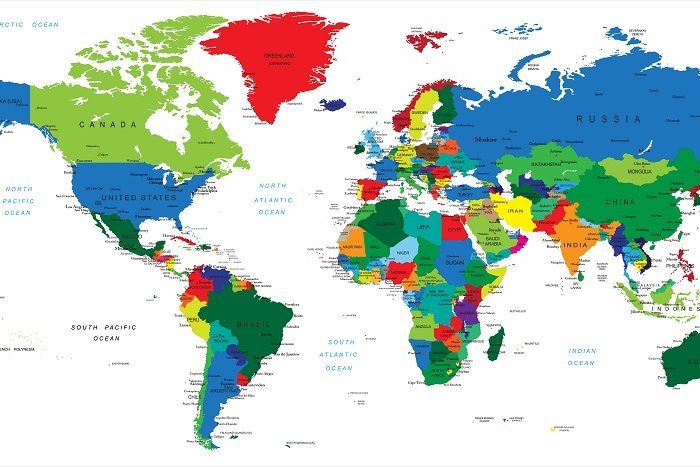Bolstering Modern Contraception Could Prevent 15 Million Unintended Pregnancies Every Year
New study suggests that increased use of modern contraception in low- and middle-income countries could prevent 15 million unintended pregnancies.

Increased use of modern methods of contraception in low- and middle-income countries could prevent 15 million unintended pregnancies each year, according to a study released this month.
These findings may seem obvious, but they have important implications for governments, health-care providers, and women. The study’s authors note that “women who become unintentionally pregnant in these countries may face a stark future including death, disease, disability or lower educational or employment opportunities.”
For the study, which was published in Human Reproduction, researchers looked at demographic and health surveys from 35 low- and middle-income countries around the world. These surveys are standardized globally and utilize trained staff who conduct face-to-face interviews with women.
An average of 96 percent of women ages 15-to-49 in these countries took part in the surveys.
Researchers compared the contraceptive use practices of 12,874 women who faced unintended pregnancy to those of 111,301 women who said they were sexually active, not pregnant, and did not want to become pregnant. Women were asked if they were using modern forms of contraception (such as birth control pills, intrauterine devices [IUDs], condoms, or sterilization), traditional forms of contraception (such as calendar methods or nursing), or not using contraception at all.
Those who were not using modern methods were asked for the main reason behind this decision.
The analysis found that when compared to those using modern methods, women using traditional contraceptive methods were 2.7 times more likely to experience an unintended pregnancy, and those using no methods were 14.5 times more likely.
There were an estimated 16.7 million unintended pregnancies in these 35 countries. Based on the increased risk calculated for women not using modern methods as well as data on those who used such methods incorrectly, the researchers concluded that 15 million of these pregnancies could have been prevented with increased and correct use of modern contraception.
Women who didn’t use modern methods accounted for about 13.5 million unintended pregnancies, and 1.5 million women were among those who used them incorrectly.
Those women who were not using modern methods gave many reasons for their decisions. The most often cited reason was fear of side effects or health concerns; followed by personal, partner, or religious opposition to modern contraception; a lack of knowledge of the methods and how to get them; and other access issues, such as cost or location of a health-care provider.
Many women also underestimated their risk of pregnancy and believed that because they didn’t have sex very often, they could not become pregnant. Others expressed a sense of fatalism—the belief that pregnancy was predetermined by fate and they did not have the power to change that.
Dr. Howard Sobel, an official at the World Health Organization’s Western Pacific Regional Office and one of the authors of this study, said in a press release that the research has many implications for modern contraception usage throughout the world.
“For instance, health concerns was the most common reason given for not using modern contraception, yet these concerns are not backed up by evidence. Health workers have an important role to play in reassuring, educating, treating symptoms and finding the methods that best suits an individual,” Sobel said. “However, frontline health workers need the skills to do this, and our experience has been that many have the same misconceptions.”
